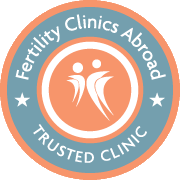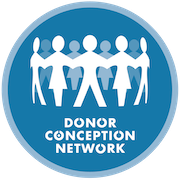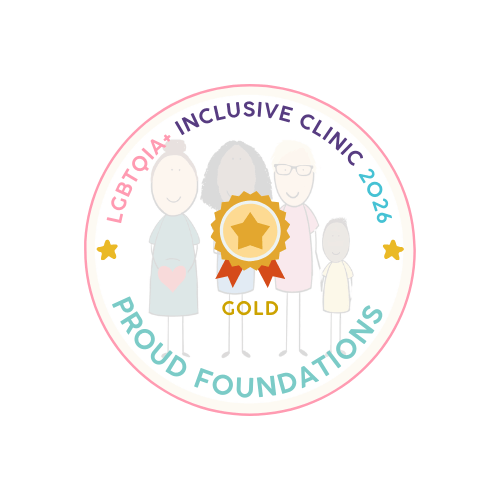Beyond the Meds: How Nutrition Can Nurture Your Fertility During IVF
by Giorgos Chorozoglou, last updated 20 Oct 2025,
3 min read
Embarking on the IVF journey is more than appointments, medications, and careful planning—it's a unique opportunity to care for your body holistically. While treatments are crucial, nurturing yourself with the right nutrition can make a gentle but meaningful impact on your fertility and overall well-being during IVF.
Why Nutrition Matters in IVF
Nutrition serves as the foundation for hormonal balance, healthy ovulation, and embryo development. Certain nutrients help create a supportive environment for conception and may boost the likelihood of a successful pregnancy. Even small dietary adjustments can help you feel empowered and in control, supporting your mind and body on this important path.

Foods That Nourish Your Fertility
- Focus on Whole Foods: Choose a variety of fresh fruits and vegetables (especially leafy greens, berries, peppers, and broccoli), whole grains, legumes, lean proteins, and healthy fats. This approach—similar to the Mediterranean diet—offers plenty of antioxidants, fiber, and essential vitamins.
- Lean Proteins: Include chicken, fish, eggs, and plant-based sources like beans, lentils, and tofu, which provide the building blocks for cell growth and hormone production.
- Healthy Fats: Avocados, olive oil, nuts, seeds, and fatty fish (like salmon) are prime sources of omega-3s, which support hormone balance and cell development.
- Complex Carbohydrates: Choose whole grains (brown rice, oats, whole wheat bread) to help maintain stable blood sugar and hormone levels, which is beneficial for fertility.
Key Nutrients to Prioritise
- Folate (Vitamin B9): Vital for cell division and early development—found in spinach, chickpeas, lentils, and fortified whole grains.
- Iron: Crucial for healthy ovulation and egg quality; enjoy foods like beans, spinach, pumpkin seeds, and lean meats.
- Vitamin D and Calcium: Boost these with dairy, eggs, and modest sunshine.
- Antioxidants: Vitamins C and E help protect eggs and embryos from cellular stress.
What to Limit or Avoid
-
Processed and Sugary Foods: These can spike inflammation and disrupt hormones—so opt for healthier swaps when possible.
-
Excess Caffeine: Try to limit coffee and energy drinks to moderate amounts.
-
Alcohol and Tobacco: It's best to avoid them, as both have been linked to poorer fertility outcomes.
-
Trans Fats: Skip fried or heavily processed foods in favor of healthier fats.
-
Gentle Guidance for Your IVF Journey
-
Hydration Helps: Staying well-hydrated supports overall health and reproductive function. Aim for around 8 glasses of water daily.
-
Mindful Eating: Nourish yourself with balance rather than restriction. Food can be both nurturing and enjoyable.
-
Ask for Support: Every body is unique. A fertility nutritionist can personalise your plan if you have questions or specific health needs.
Embrace the Power of Nutrition
While medication is central to IVF, your diet is a foundation you can shape every day. With each nourishing meal, you’re supporting your body, your mind, and your hope for the future.
For more guidance or tailored nutrition support, our team is always here, offering compassionate care every step of your journey.

Giorgos Chorozoglou, MD, MSc
Giorgos is an Infertility Specialist at Newlife Center of Reproductive Medicine.











